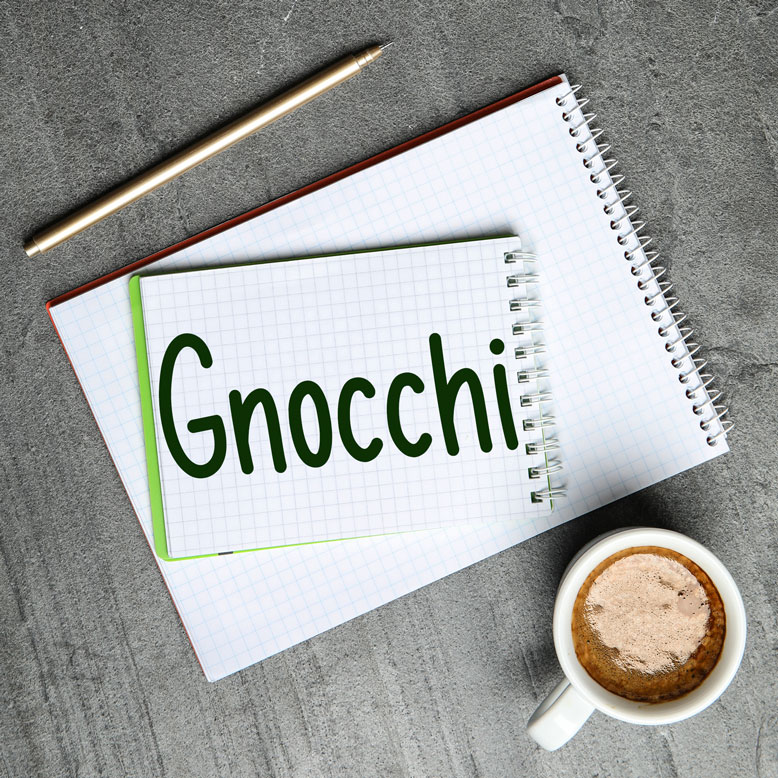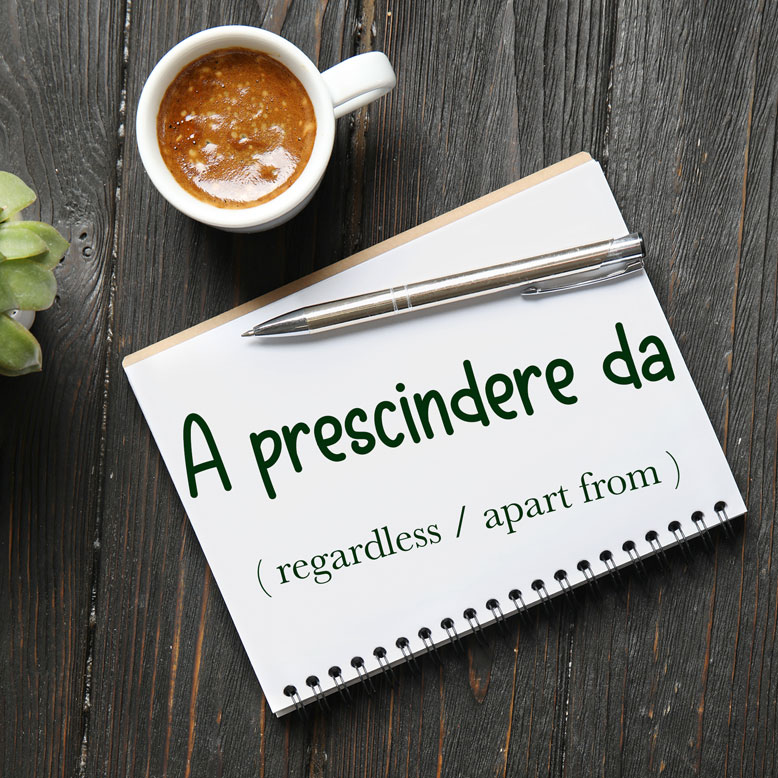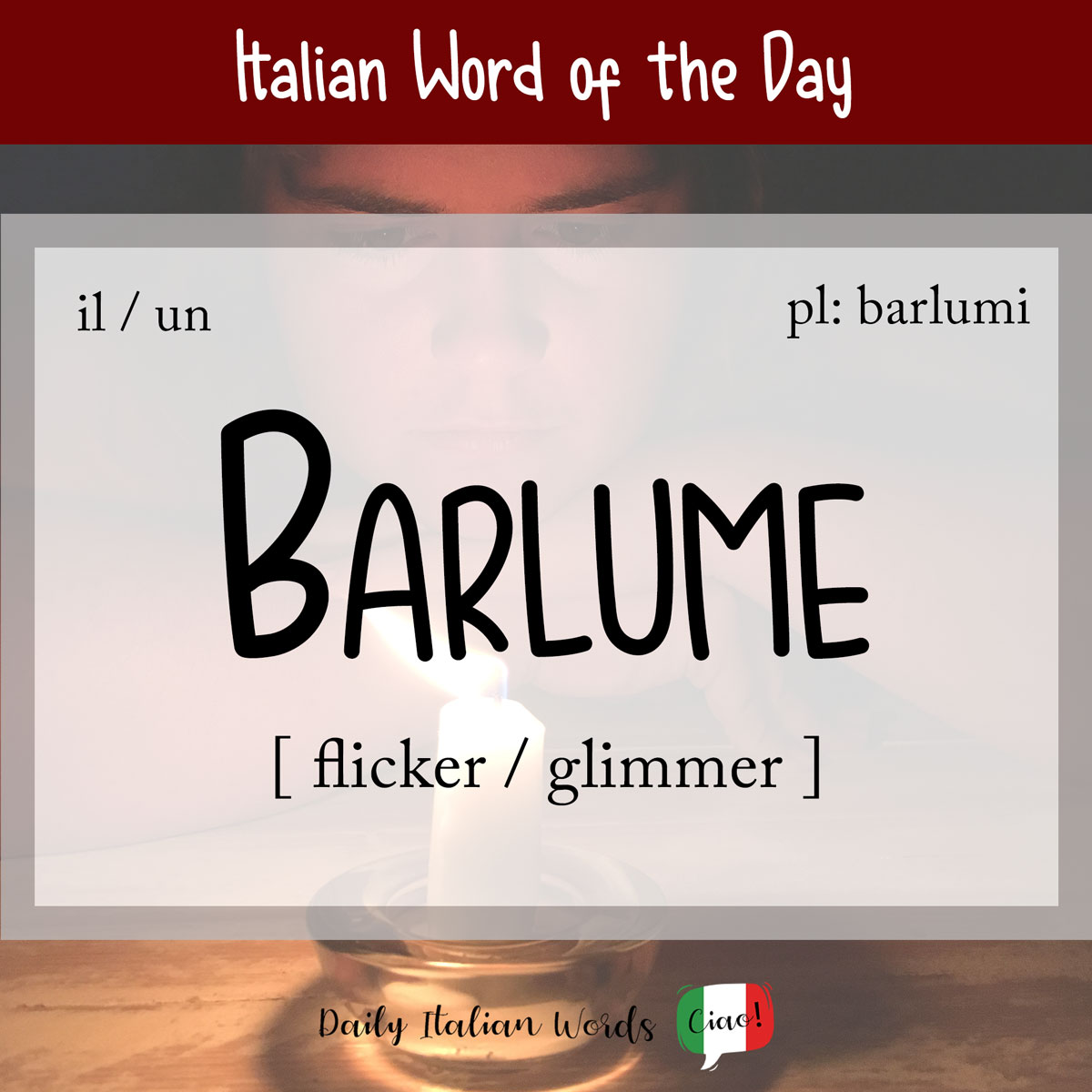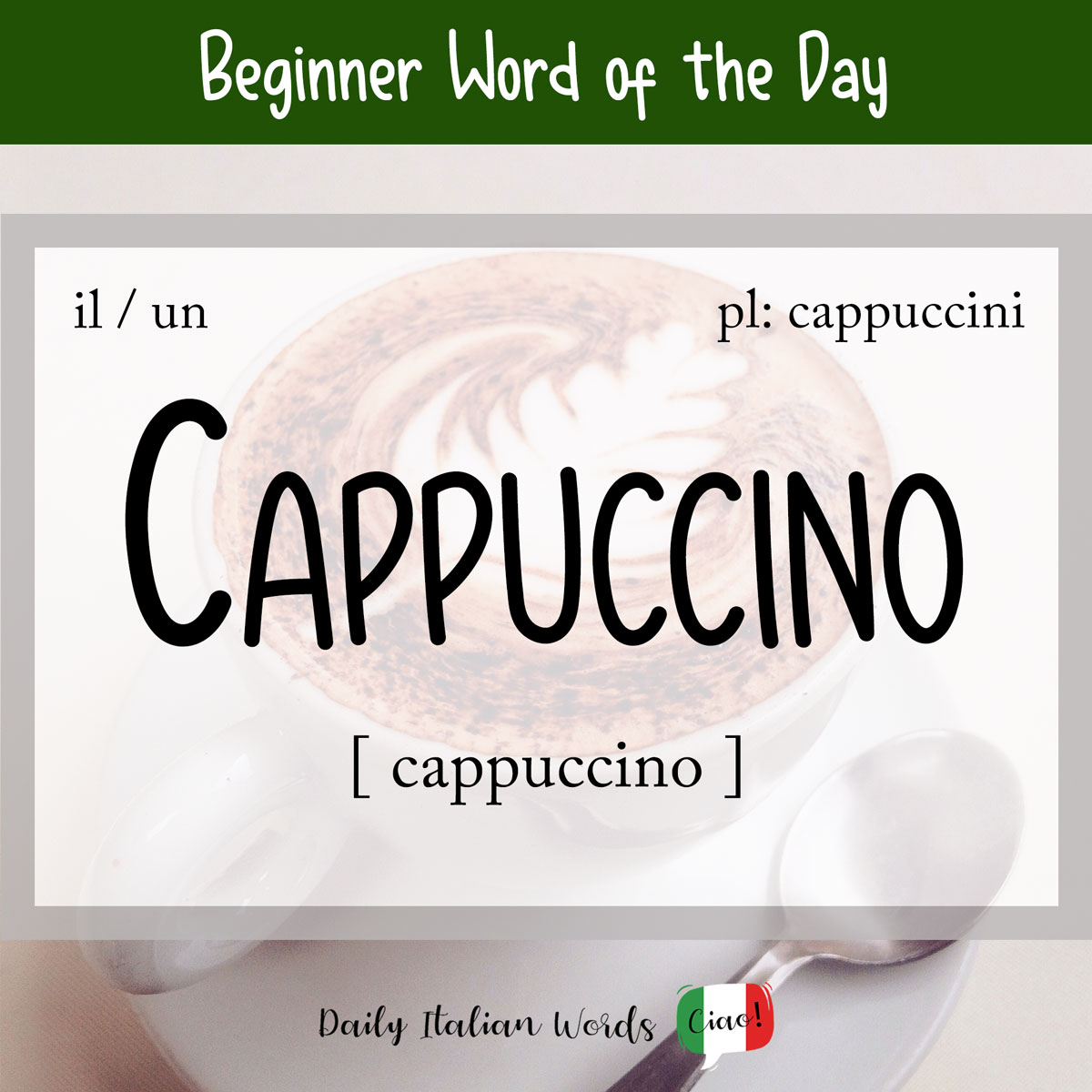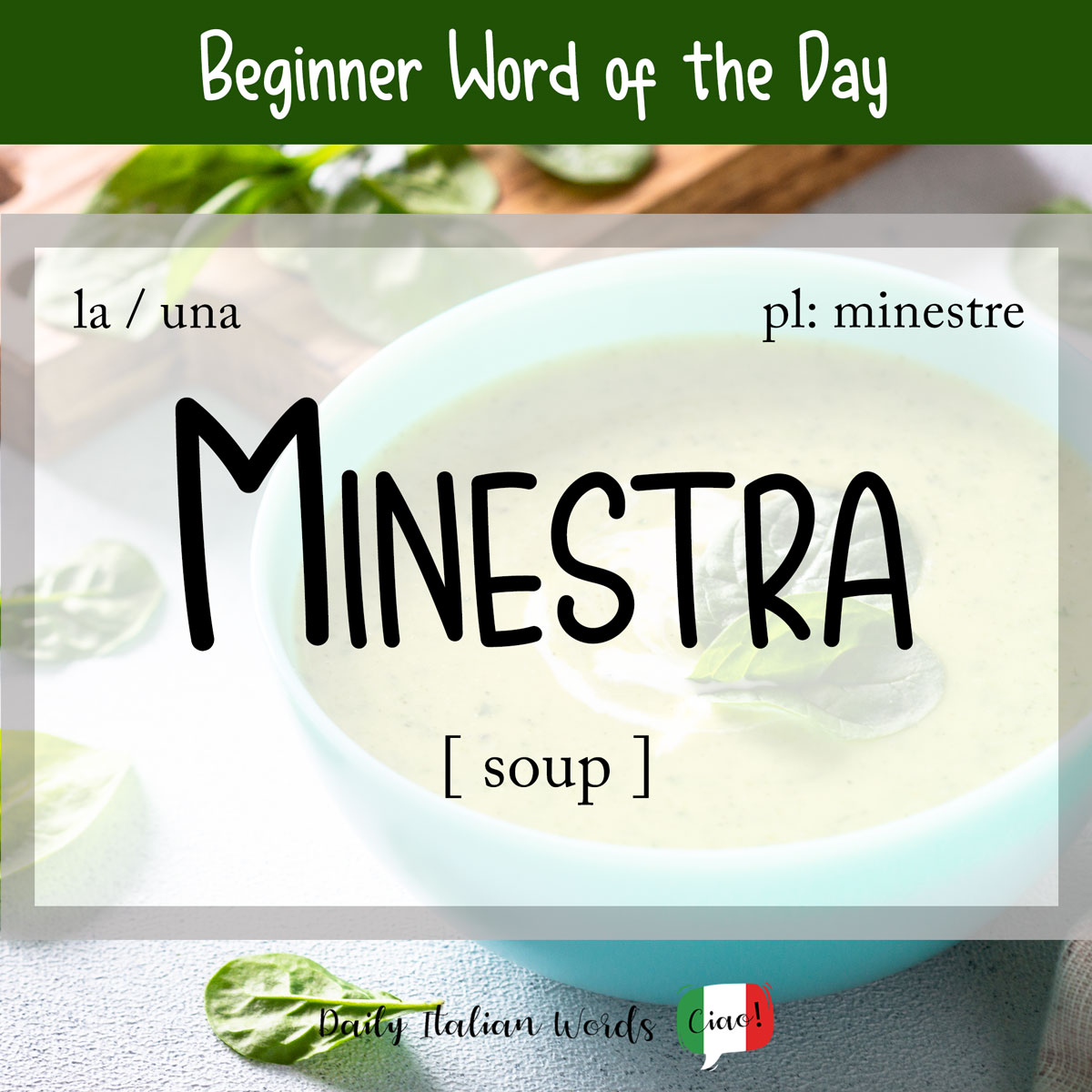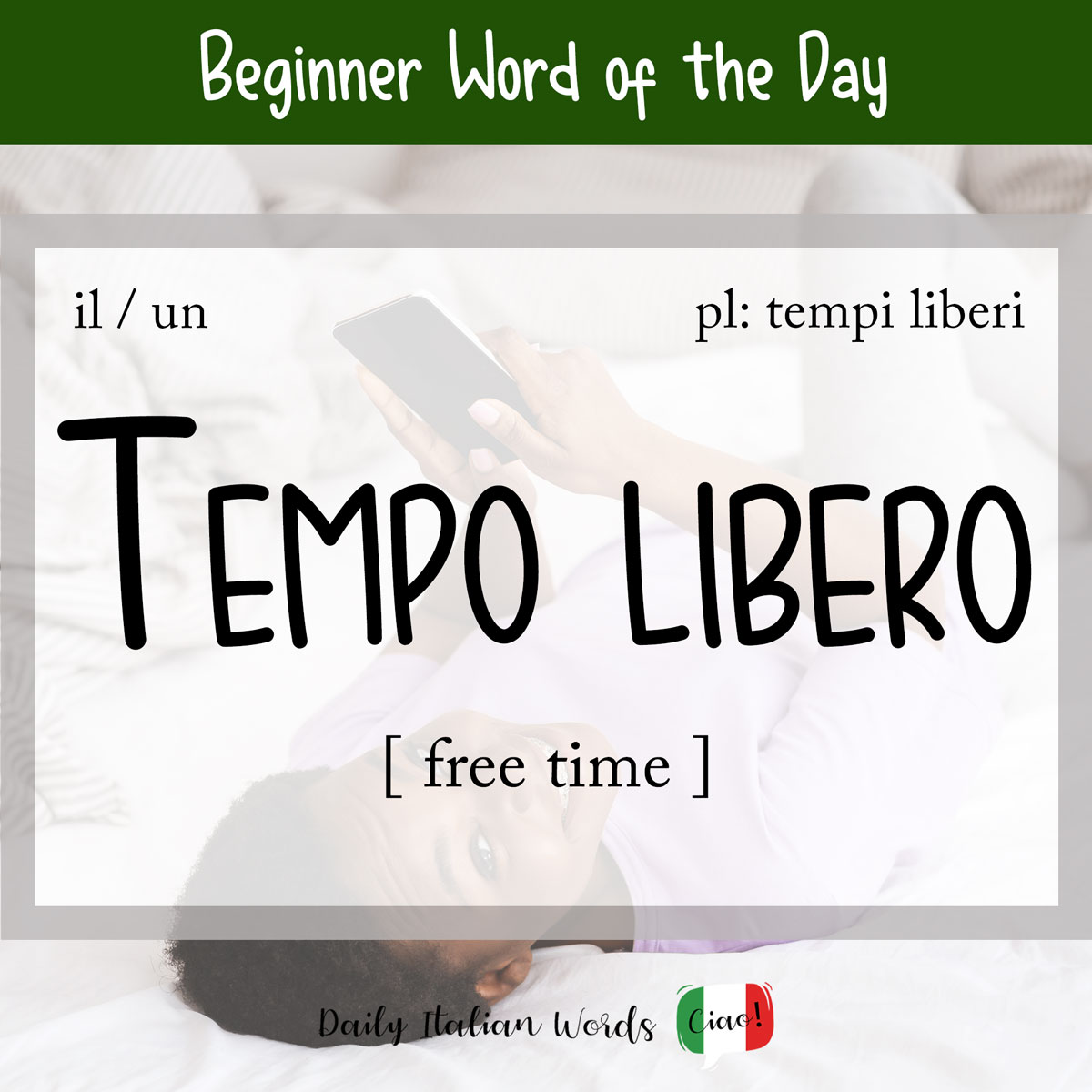Pronunciation Guide: How to pronounce “Gnocchi” in Italian
Gnocchi is the plural of gnocco, an Italian variety of dumpling that has been around since Roman times. Although recipes vary from region to region, the three most basic ingredients are cooked mashed potato, flour (farina), and eggs (uova). Other common additions include semolina, cheese (formaggio), ricotta, spinach and polenta. Origin of the word: The …

